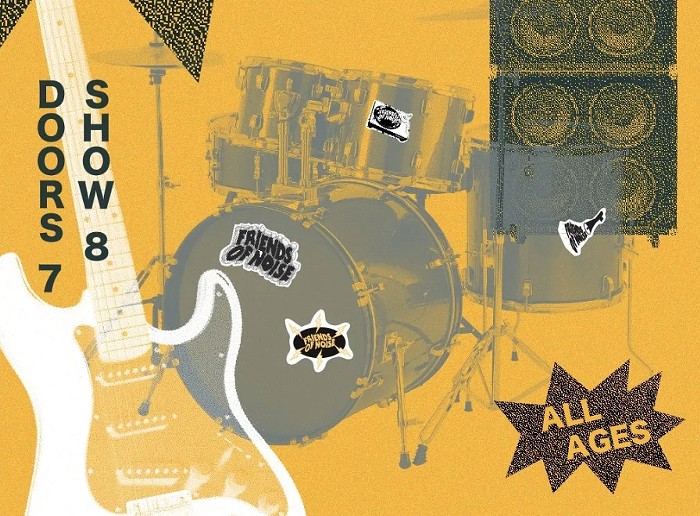"Don't sell out to be product pushers"—M.I.A., "Galang," as heard on her 2005 album Arular
"Blaze a Laze Galang a Lang a Lang Lang"—M.I.A., "Galang," as heard in the new Honda Civic commercial
This presents a bit of a problem for fans of Maya Arulpragasam, AKA M.I.A. (don't call her Mia). Touted as one of the most authentic voices to hit the scene in ages, Ms. "Don't Sell Out" is suddenly hawking Hondas on primetime TV. I'm well aware that many devotees will happily gloss over this hypocrisy, but when you preach one ideal, then instantly reverse it just to get a paycheck, you lose a lot of cred.
Credibility was the number one thing that M.I.A. brought to the table when the inescapable hype about the Sri Lankan singer hit the presses several months before her debut album dropped last spring. Hardly an article appeared in print that didn't mention her publicist-ready biographical sketch. Maya grew up in rural Sri Lanka, living at her grandparents' farm with no electricity or running water, while her father became increasingly involved as a guerilla fighter in Sri Lanka's civil war. After several unsuccessful attempts to flee the country, Maya's family (minus the dad, who had a war to fight), fled to England, where the woman soon to be known as M.I.A. was first exposed to the music of N.W.A. and Public Enemy. After studying art and beginning to tinker around musically, the British group Elastica commissioned M.I.A. to create the cover work for their second album. She went on tour with the band, was given a Roland MC-505 sequencer by opening act Peaches, and the rest is history. After recording wildly infectious tracks like "Galang" and "Sunshowers" for an underground mix CD called Piracy Funds Terrorism, M.I.A. became the belle of music critics everywhere, who acted as if pop music would be reborn anew with her debut CD—months before 99 percent of America could buy her music.
When Arular finally dropped, joy spread through the land. Not only had the press created a situation where consumers felt as if they were the only people who hadn't heard M.I.A.'s music yet (a debilitating mental condition for any true hipster), they were actually rewarded with an album that fucking rocked! Even though Spin dubbed it the "best political album of the year," listeners knew otherwise. Arular was the best party album of the year.
M.I.A.'s mostly unintelligible lyrics bounced atop dope beats that combined Baile funk, hiphop, and underground club rhythms. Snappy and fresh, bombastic and funky, Arular sounded like nothing that had come before or since. So what did that leave Sri Lanka's sweetheart to do?
Apparently, to make a small windfall of cash by licensing her music for use in selling more cars to Americans. That, and to open for Gwen Stefani, a zero-cred white girl ska singer who reinvented herself as an Anglo version of M.I.A., even using Maya's boyfriend and frequent collaborator Diplo to remix "Hollaback Girl." So while Arular continues to shine on as one of the better CDs of the year, it's getting easier not to tremble in her awesomeness when she admonishes you not to be a sellout or product pusher.


















